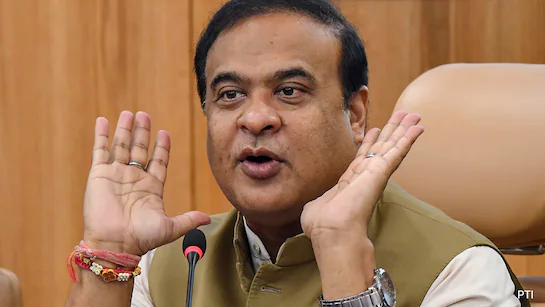Assam Approves Polygamy Prohibition Bill 2025
The Indian state of Assam has passed a controversial law criminalizing polygamy, making it punishable by up to seven years in prison. The legislation, called the Assam Polygamy Prohibition Bill 2025, was approved by the state cabinet and is set to be presented in the legislative assembly on November 25.
Under the proposed law, any person who marries again without legally ending their first marriage—either through divorce or annulment—can face imprisonment of up to seven years. The law also grants police the authority to arrest offenders without a warrant, a provision that has raised concerns among legal experts and civil rights groups.
Government Cites Gender Equality and Social Justice
Chief Minister Himanta Biswa Sarma described the law as a major step toward empowering women and protecting them from exploitation. He stated that the government’s goal is to promote gender equality, social justice, and the dignity of women in Assam.
According to the state government, the law will not apply to tribal communities or six designated autonomous regions, where customary practices and traditional marriage systems remain protected under special constitutional provisions. Additionally, Muslim marriages conducted before 2025 will be exempt from the new restrictions.
Exemptions and Concerns About Social Impact
While the government has defended the bill as a progressive reform, critics argue that it could disproportionately affect religious minorities, particularly Muslims, for whom polygamy is permitted under personal laws. Some community leaders and legal scholars have warned that the bill may trigger legal challenges and social friction in the multi-ethnic state.
Supporters, however, claim the law will bring uniformity to marital practices and help curb cases of domestic abuse, financial exploitation, and abandonment faced by women in polygamous relationships.
Broader Context in India’s Legal Landscape
India’s national laws do not permit polygamy for most citizens under the Hindu Marriage Act of 1955, but it remains legally recognized under Muslim Personal Law. Assam’s move marks one of the first state-level attempts to impose a uniform ban across religious lines, echoing the federal government’s ongoing debate on introducing a Uniform Civil Code (UCC).
If passed, the bill would make Assam the first state in northeastern India to criminalize polygamy, setting a precedent that could influence other regions to adopt similar measures. The proposed legislation has therefore sparked nationwide debate about religious freedom, women’s rights, and the role of the state in regulating personal laws.















